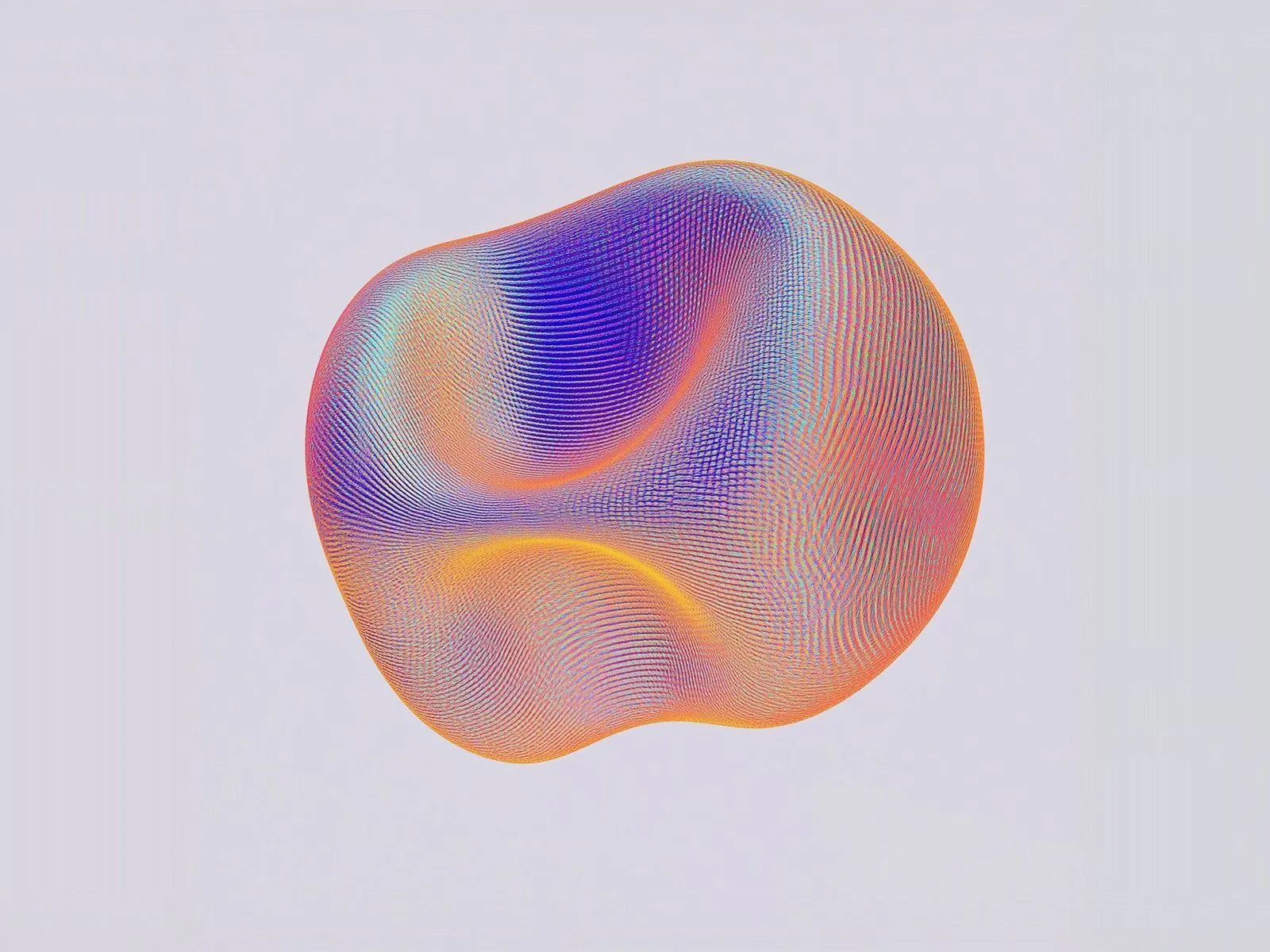It’s December, and while year-end festivities capture global attention, these entrepreneurs are quietly pushing boundaries in their fields. Their paths vary, but all share one trait: the courage to build something meaningful. Kate Shelley supports young minds through Tales Toolkit, Amechi Mandi brings African-inspired design forward with elegance, and Kuldip Singh Sahota adds flavor to snack time with his bold crisps at Mr Singhs. Oana Trinca’s Bee Zero Waste connects sustainability with style, and Nikki Lloyd’s Lush Labs Natural backs ethical skincare production for small brands. Despite funding challenges, personal commitments, and team-building hurdles, these founders press on with steady purpose, tackling real-world problems in creativity, community, and eco-conscious practice.
Tales Toolkit Ltd
Kate Shelley
In early childhood settings where dynamic tools are often scarce, Kate Shelley’s Tales Toolkit offers a creative solution through structured storytelling. “I used Tales Toolkit myself in schools and saw the effect it had on children, the difference it made,” Kate says. That moment led to Tales Toolkit—a set of resources and online training enabling educators to guide children aged two to seven through stories using character, setting, problem, and solution symbols.
Kate's Background
Growing up in North Wales in a family of educators, Kate first worked in fashion and retail before returning to university to train as a teacher. Her time in classrooms led her to create a symbol-based storytelling system that evolved into Tales Toolkit. “A lot of the ideas came from the children,” Kate recalls. “They wanted to tell stories outdoors, so we created an apron. They wanted to write stories, so we created resources to help.”
More About Tales Toolkit
Tales Toolkit helps teachers support children in leading their own narratives. The four symbols give kids structure, while staff training connects educators with peers and research that promotes play, conversation, and independent thinking. “We train the practitioners who in turn work with the children, so they can create their own imaginative stories,” Kate explains.
Key Challenges
Kate’s biggest obstacle was finding the right team while parenting solo. “I've been so lucky and the team I've built around me are super versatile, creative, brilliant communicators—everything we promote with Tales Toolkit,” she says.
Successful Highlights
Kate finds her greatest reward in the stories coming from the field: “Sometimes when you're in the office working on accounts, sales, marketing, it's easy to forget the stories on the ground. Stories of selective mute children speaking for the first time, children as young as two talking about problems and solutions, children with additional needs able to communicate their own story—the list goes on.”
Amechi
Amechi Mandi
In interior design shaped largely by Western ideas, Amechi offers something different. “Amechi represents my view of African-inspired design, presented in a refined and modern way while honoring the deep traditions and cultures that existed long before colonial times,” Amechi Mandi explains. His aim is to expand the scope of African design.
Amechi's Background
Born in Cameroon to Cameroonian and Nigerian parents, Amechi first discovered design through fashion. After university and a career in fashion, he moved to the UK, where he later studied furniture and product design—laying the foundation for launching his own brand.
More About Amechi
The company’s goal is to bring cultural elements to the surface that have often been overlooked. “It's about using interior spaces to expand the idea of what ‘African-inspired’ design can mean,” he says. His work merges tradition with contemporary form to create pieces that feel both genuine and current.
Key Challenges
Finding suppliers who understood his vision was the biggest challenge. “Finding the right supplier is a challenge,” Amechi says. “It is important to build relationships with suppliers who understand what you need.”
Successful Highlights
A major moment was placing products in Heal’s. “The first that stands out is when we started selling at Heal’s,” he recalls. “That was the first department store we were stocked in, and that’s when momentum really picked up.”
.png)



%20(1).jpg)
.jpg)
.jpg)
%20(1).jpg)


.png)